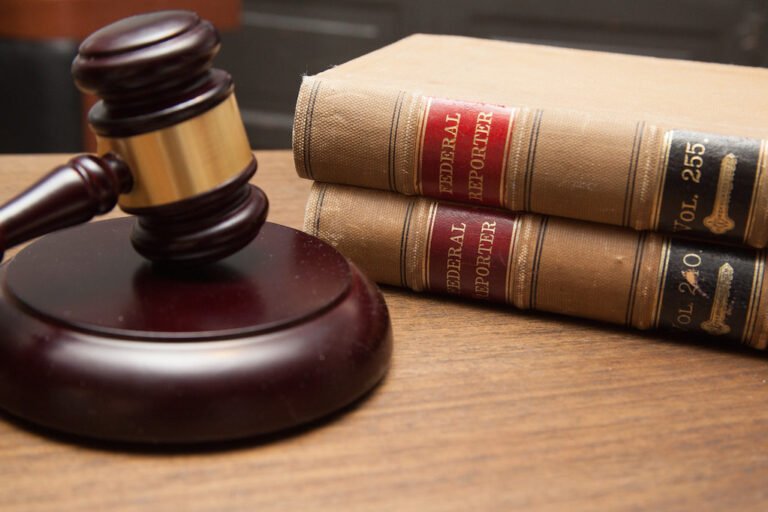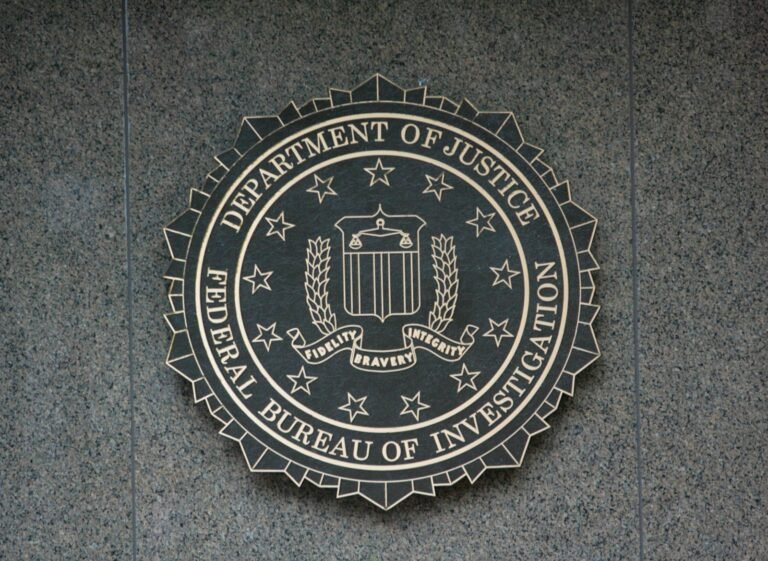
In a shocking revelation that has left homeowners questioning the safety of their private lives, New York Attorney General Letitia James has secured a $450,000 settlement from three companies distributing eufy home security cameras. Fantasia Trading LLC, Power Mobile Life LLC, and Smart Innovation LLC, the distributors of the popular eufy-branded video cameras, doorbells, and smart locks, have been found guilty of failing to secure consumers’ private home security footage. The investigation by the Office of the Attorney General (OAG) uncovered that video streams from these devices were not always securely encrypted, leaving them accessible to anyone with the right link—no authentication required.
The settlement, while a win for consumer privacy advocates, has sparked outrage and controversy. Critics argue that the penalty is a mere slap on the wrist for companies that marketed their products as secure and private, only to leave thousands of New Yorkers vulnerable to potential surveillance by strangers. The eufy cameras, marketed as a reliable solution for home security, were found to have glaring security flaws that could allow hackers or even casual internet users to access live video feeds from inside people’s homes.
“New Yorkers buy home security cameras to protect themselves and their homes,” said Attorney General Letitia James in a statement. “The eufy cameras’ poor data security allowed anyone to access people’s security camera footage, defeating the purpose of having a home security system.” While James’ office has taken steps to ensure stronger data protections moving forward, the damage to consumer trust may already be irreversible.
The controversy began in November 2022 when a security researcher publicly exposed that eufy’s claims of “end-to-end encryption” were misleading. The OAG’s investigation confirmed that video streams were not always encrypted, and in some cases, portions of the connection lacked any encryption at all. Even more alarming, the investigation revealed that an active video stream could be accessed by anyone with the relevant URL, which could potentially be deduced without needing to obtain it from the user. This means that hackers could have accessed private footage without needing to bypass any security measures.
The companies involved have admitted to not having adequate processes in place to test their security safeguards or identify risks to consumer privacy. As part of the settlement, they are now required to implement stronger data protections, including maintaining a comprehensive information security program, using secure software development processes, and conducting regular vulnerability testing. However, critics argue that these measures should have been in place from the start, given the sensitive nature of the product.
The settlement has also raised questions about the adequacy of penalties for companies that fail to protect consumer data. While $450,000 may seem like a significant sum, it pales in comparison to the potential harm caused by the exposure of private home security footage. Some privacy advocates are calling for stricter regulations and harsher penalties to deter companies from cutting corners on data security.
This case is just the latest in a series of actions by Attorney General James to hold companies accountable for poor data security practices. Over the past two years, her office has secured millions of dollars in settlements from companies like GEICO, Travelers, and a Capital Region healthcare provider for failing to protect consumer data. While these efforts are commendable, they also highlight the pervasive issue of lax data security across industries.
As the dust settles on this settlement, one thing is clear: the eufy camera scandal is a wake-up call for both consumers and companies. Home security devices are only as secure as the companies that make them, and this case underscores the need for greater transparency, accountability, and regulation in the tech industry. For now, New Yorkers are left wondering: if their home security cameras can’t be trusted, what can?


